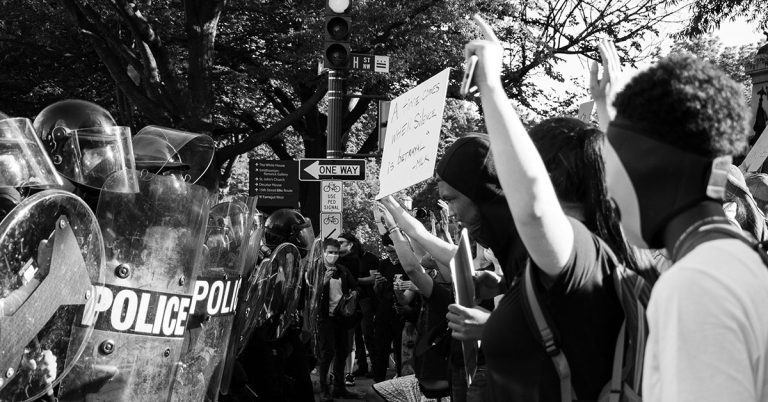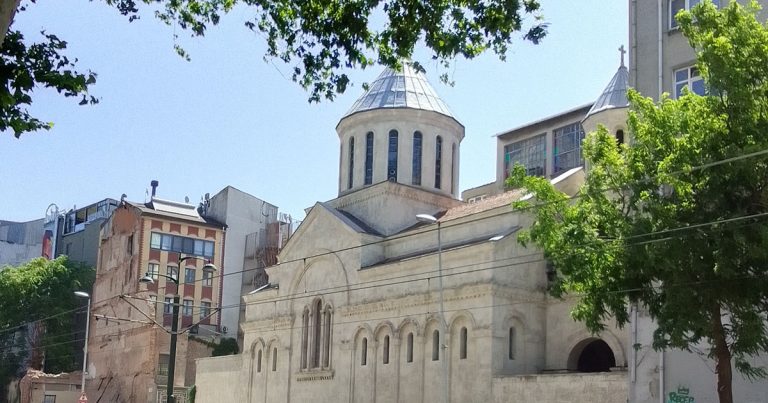
by Nadje Al-Ali & Kathryn Spellman Poots
It has been over 10 years that we have seen uprisings in the Middle East and North Africa, although protests and uprisings predate the recent wave that started in Tunisia in December 2010. Many academics and activists have commented on the significance of body politics, both in the various attempts to challenge political authoritarianism and in the violent backlashes against anti-authoritarian political mobilizations.
Body politics is often used in relation to the mobilization and activism around bodily integrity and challenges to heteronormativity. However, it also refers to the practices and policies through which the powers of society and the state regulate the human body.
What has become increasingly apparent is that contestations of gender and sexuality are not marginal but central to understanding wider social, economic, cultural and political processes and developments. Globally we are witnessing how the reproduction and challenge to patriarchal heteronormativity is at the heart of political contestations.
In the Middle East and North Africa, the politics of gender define struggles against authoritarianism, militarism and sectarianism. Many feminists in the region have been approaching their struggles for more equal and just societies as well as for their bodily rights in an intersectional manner, stressing that gender-based rights and claims are linked to other political struggles, such as the struggle against economic inequalities, sectarianism, the marginalization of ethnic minorities and racism.
Our new book series, entitled Critiquing Gender and Islam: Transnational, Intersectional and Queer Perspectives is based on the above developments and recognitions. The series aims to bring together ambitious works by both prominent and promising scholars in gender and sexuality studies focusing on the wider Middle East, South Asia, and their diasporas. In our view, there is a strong need for a platform that promotes intersectional, feminist and queer approaches to open up new perspectives and lines of inquiry.
The series aims to publish original and wide-ranging work that addresses an expansive array of issues, including everyday contestations of gender and sexuality; the relationship between queer and feminist activism in the region and decolonial approaches to intersections of gender, race and class. We privilege ethnographic approaches (both off-line and on-line) that are historically informed in order to be able to capture and illustrate complex and nuanced phenomena in a grounded and empirically rich manner. Yet, we also encourage manuscripts based on visual and literary cultural productions and representations and appreciate the imaginary, the creative and the affective realms of gendered lives.
Click here to see more details, including the names of our advisory board, on our series page.

Courtesy of the artist.
About the Critiquing Gender and Islam Series Editors
Nadje Al-Ali is Robert Family Professor of International Studies and Professor of Anthropology and Middle East Studies at Brown University. Her main research interests revolve around feminist activism and gendered mobilization, mainly with reference to Iraq, Egypt, Lebanon, Turkey and the Kurdish political movement. Her publications include What kind of Liberation? Women and the Occupation of Iraq (2009, University of California Press, co-authored with Nicola Pratt); Iraqi Women: Untold Stories from 1948 to the Present (2007, Zed Books), and Secularism, Gender and the State in the Middle East (Cambridge University Press 2000. She is on the advisory board of kohl: a journal of body and gender research and has been involved in several feminist organizations and campaigns transnationally.
Kathryn Spellman Poots is a Visiting Associate Professor at Columbia University and Associate Professor at the Aga Khan University. Her research focuses on Muslim diasporic communities, everyday contestations of gender and sexuality, gendered ritual performances and connections between local and transnational activism. Her publications include the monograph: Religion and Nation: Iranian Local and Transnational Networks in Britain, 2005; and the co-edited volumes: Gender, Governance & Islam, 2019; The Political Aesthetics of Global Protest: The Arab Spring and Beyond, 2016 and Ethnographies of Islam: Ritual Performances and Everyday Practices, 2014. She works with several organisations that support asylum seekers and refugees.





